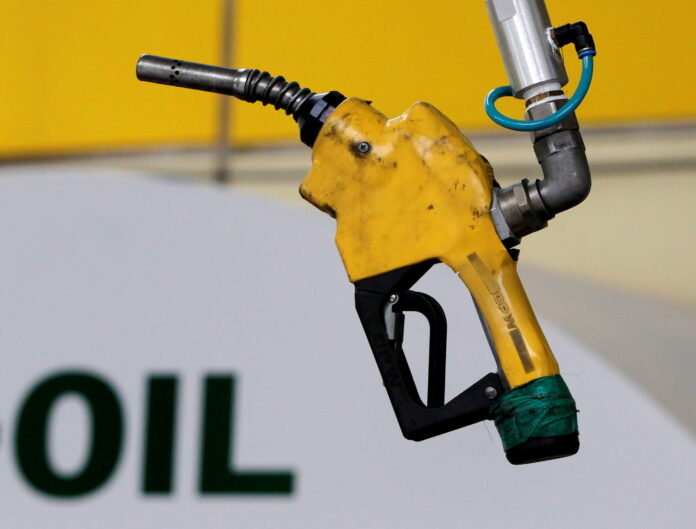Pakistan’s reliance on fuel-based revenues for road infrastructure is set to suffer a severe blow as the country transitions to electric vehicles (EVs), according to the Asian Development Bank’s (ADB) latest report, “Road Maintenance Financing and Cost Recovery Options.”
The report highlights that over 80% of Pakistan’s road user revenues—approximately $5.68 billion annually—are generated through fuel taxes. With the adoption of EVs, this revenue stream could shrink drastically, covering only 35% of road maintenance needs.
The transition to EVs poses further challenges, with financial incentives for EV imports and domestic manufacturing expected to accelerate adoption. However, the absence of robust charging infrastructure and limitations in the electricity network remain major bottlenecks.
Pakistan’s National Electric Vehicle Policy (2021) aims to electrify 30% of cars and 50% of two- and three-wheelers by 2030. While the policy emphasizes domestic EV production, experts suggest greater purchase incentives are essential to drive adoption and establish a robust EV ecosystem.
Customs duties on vehicles, a key revenue source, are also at risk, as reduced duty rates for EVs could lead to a potential loss of $394 million annually. While the current fleet of registered EVs remains low, with around 25,000 vehicles primarily comprising two- and three-wheelers, projections for high EV adoption could see up to 8.2 million EVs on Pakistan’s roads by 2030, reducing fossil fuel consumption by up to 18 million tons of oil equivalent (TOE).
The report reveals that Pakistan has a vast road network spanning 500,750 kilometers, of which 40% is paved. Despite generating $6.89 billion annually from road user revenues, the allocated road maintenance budget of $1.53 billion meets just 44% of the nation’s $3.47 billion road upkeep requirements.
The report also warns of the economic implications of the shift, as fuel taxes contribute significantly to the federal budget. For FY24, the government has pledged to increase petroleum levy collection to Rs920 billion, with 90% of petroleum fuels used in the transport sector. The anticipated decline in fuel consumption could trigger a “death spiral,” characterized by reduced grid revenue, escalating tariffs, and further shifts away from conventional energy sources.
The ADB has urged Pakistan to address revenue losses by revising road maintenance financing strategies and adopting equitable policies to balance infrastructure needs and the transition to greener mobility solutions.




